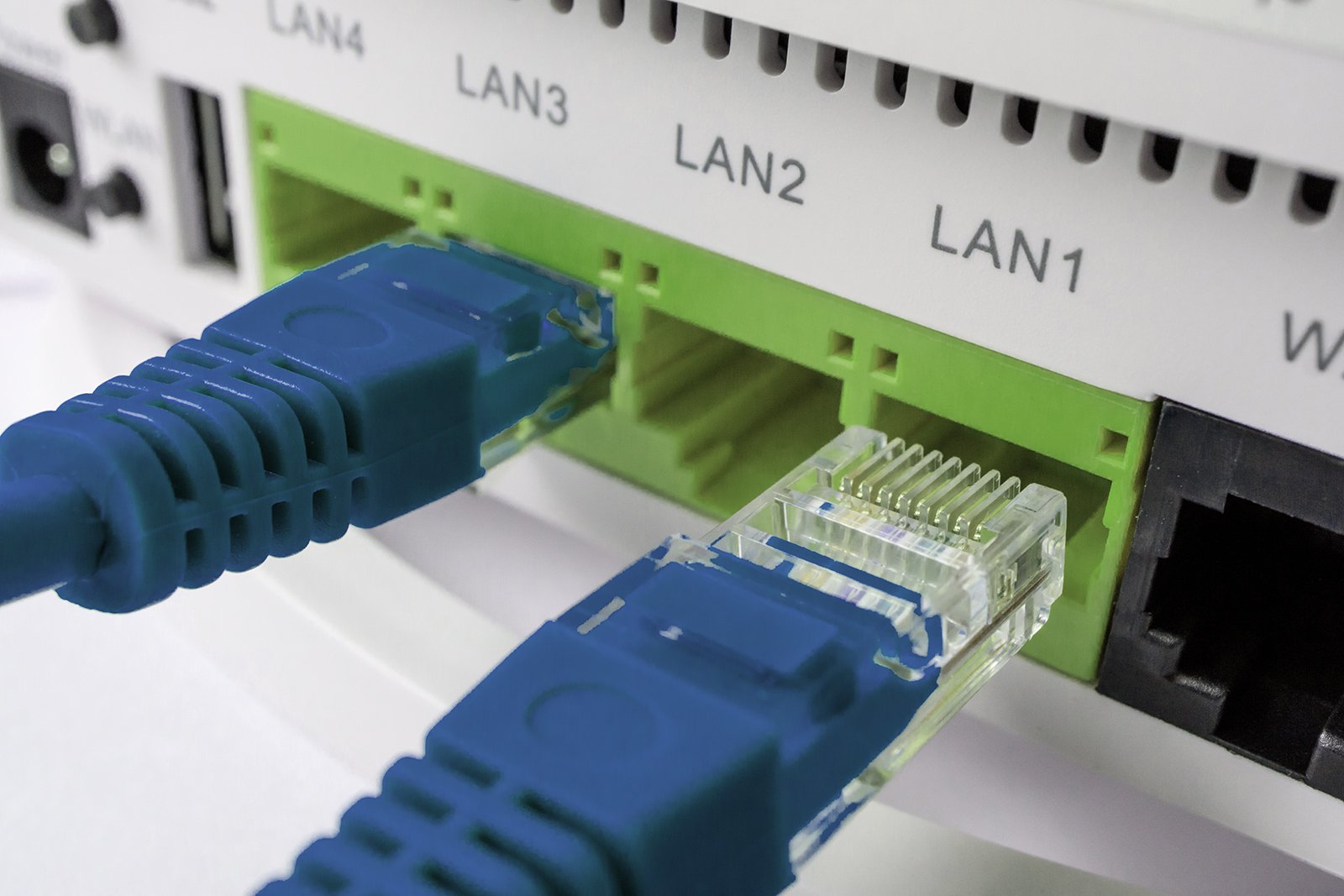
In today’s digital age, cyber security is paramount for small businesses. While large corporations often have dedicated teams and hefty budgets to protect their data, small businesses are equally vulnerable to cyber threats. In fact, they can be even more appealing targets due to their limited resources and sometimes less stringent security measures.
To help safeguard your small business from cyberattacks, we’ve compiled these seven essential cyber security tips that are not only effective but also easy to understand.
1. Educate Your Team:
The first and most crucial step in securing your small business is to educate your employees about cyber threats. Ensure that your team understands the basics of phishing scams, malware, and social engineering. Regular training and awareness programs will empower your employees to recognize and respond to potential threats promptly.
2. Strong Passwords:
Encourage the use of strong, unique passwords for all online accounts and devices. Passwords should be a combination of uppercase and lowercase letters, numbers, and special characters. Implement a policy that mandates regular password updates, and consider using a password manager to securely store and generate strong passwords.
3. Multi-Factor Authentication (MFA):
Implement MFA wherever possible. MFA adds an extra layer of security by requiring users to provide multiple forms of verification, such as a password and a fingerprint, before granting access to an account. This significantly reduces the risk of unauthorized access.
4. Regular Software Updates:
Ensure that all software, including operating systems and applications, is kept up to date with the latest security patches. Cybercriminals often exploit known vulnerabilities, and keeping your software updated is a simple yet effective way to prevent such attacks.
5. Data Backup and Recovery:
Regularly back up your business data to a secure location, both on-site and off-site. In case of a cyberattack or data loss, having a reliable backup will enable you to quickly recover and minimize downtime. Test your backups periodically to ensure they are functional.
6. Firewalls and Antivirus Software:
Install and maintain robust firewall and antivirus software. Firewalls act as a barrier between your network and potential threats, while antivirus software helps detect and remove malicious programs. Keep these security tools updated to defend against the latest threats.
7. Restrict Access to Sensitive Data:
Implement the principle of least privilege (PoLP) to restrict access to sensitive data. Only grant employees access to the data and systems necessary for their roles. Regularly review and update permissions to minimize the risk of insider threats.
In conclusion, small businesses must prioritize cyber security to protect themselves from the increasing threat of cyberattacks. Educating your team, enforcing strong password policies, implementing multi-factor authentication, staying current with software updates, maintaining data backups, using firewalls and antivirus software, and restricting access to sensitive data are vital steps in safeguarding your business.
By following these seven essential cyber security tips, you can significantly reduce the risk of cyber threats and ensure the long-term success of your small business. Remember, cyber security is an ongoing process, and staying vigilant is the key to protecting your digital assets.

